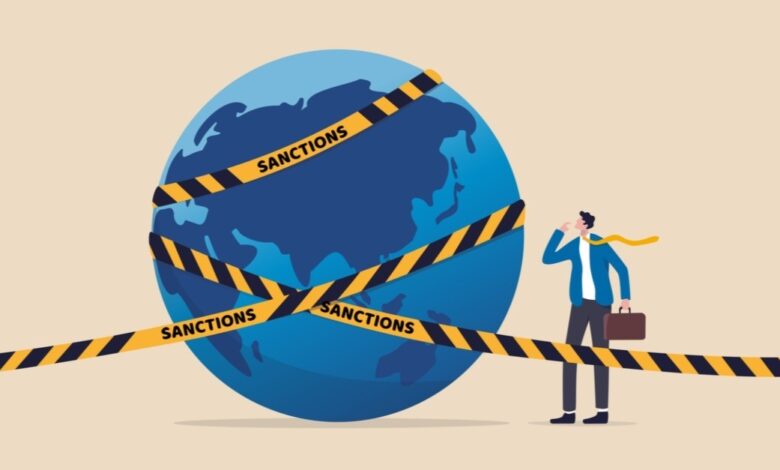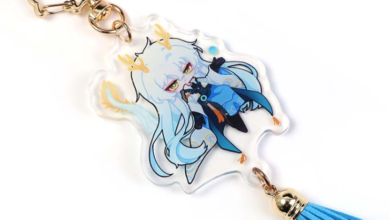Understanding the Importance of the Secondary Sanctions List to Global Businesses

With the global economy now so tightly interlinked, businesses of all sizes are becoming more exposed to the risks of international regulations, especially those concerned with sanctions. The secondary sanctions list is one of the principal instruments used by the United States in its wider sanctions policy. The requirement for global businesses to be aware of and comply with this list has become indispensable. It is now a question of both staying within the law and protecting financial stability.
What Is Included on the Secondary Sanctions List?
The secondary sanctions consist of persons, groups, and countries the U.S. government punishes specifically for transactions with those already designated as primary sanctioned. Unlike primary sanctions, which are limited to U.S. persons and companies, secondary sanctions are meant to discourage actors based abroad from doing business with sanctioned entities.
By applying sanctions globally, the U.S. government increases the influence of its foreign policy on firms outside its borders. The OFAC Secondary Sanctions List is an essential part of the U.S. sanctions regime.
The Office of Foreign Assets Control (OFAC), a unit within the U.S. Department of the Treasury, manages a variety of sanctions lists, which include the OFAC secondary sanctions list. The Specially Designated Nationals (SDN) List is the best-known, yet OFAC also enforces secondary sanctions through executive orders and acts of Congress directed at Iran, Russia, North Korea, and Venezuela.
When an entity helps or finances those under existing sanctions, they risk being added to this list. Therefore, firms from abroad with no U.S. operations can be subject to asset freezes, denied use of U.S. financial markets, and reputation loss.
Global businesses must understand why these designations are relevant to their operations.
1. Possession of U.S. market and financial system privileges.
Companies linked to the OFAC secondary sanctions list risk being barred from the U.S. financial system, which is often fatal for firms involved in international trade. Because the U.S. dollar is the main currency in international commerce, an inability to use dollar-based financial systems can seriously hamper a company’s activities.
2. Reputational and Legal Risk
Companies that do business with entities on the secondary sanctions list, even if they are not themselves sanctioned, may suffer from reputational harm, limited partnership options, and legal complications. Highly detailed due diligence is performed by many banks and multinational firms to prevent engaging in business with parties that may result in secondary sanctions exposure.
3. Complex Compliance Requirements
The task of adhering to the secondary sanctions list as well as broader sanctions regulations is quite difficult for companies. To avoid high-risk transactions, firms must invest in reliable screening, build robust compliance programs, and consult legal advisors. Lack of compliance with the secondary sanctions list may result in both heavy fines and criminal prosecution.
Challenges in Compliance
Maintaining OFAC sanctions list compliance depends on continuous monitoring and knowing how sanctions develop. Complex webs of shell companies and intermediaries in countries like Iran and Russia make the process of identifying prohibited entities much harder. Moreover, because sanctions are subject to political developments, the regulations may be updated with little notice.
Best Practices for Businesses
Global enterprises can reduce their exposure to risk by following these recommended practices:
- Rely on automated screening tools that combine OFAC and worldwide sanctions databases.
- Carry out additional background research for sectors and regions that are considered high-risk.
- Continuously review developments on the secondary sanctions list and the regulations that accompany it.
- Make sure employees are taught to detect and stay away from transactions that are banned by the secondary sanctions list.
- Engage legal specialists who are knowledgeable about international sanctions law.
Conclusion
Because financial and reputational dangers in global commerce are largely connected to regulatory compliance, the secondary sanctions list is a major tool with significant consequences. Companies that disregard or are ignorant of the OFAC sanctions list may be excluded from participating in global financial markets. By contrast, being proactive about compliance safeguards businesses and also builds confidence with partners, investors, and regulatory bodies.
Gaining and maintaining compliance with the secondary sanctions list is now fundamental to doing business abroad, and failing to comply poses significant risks.





